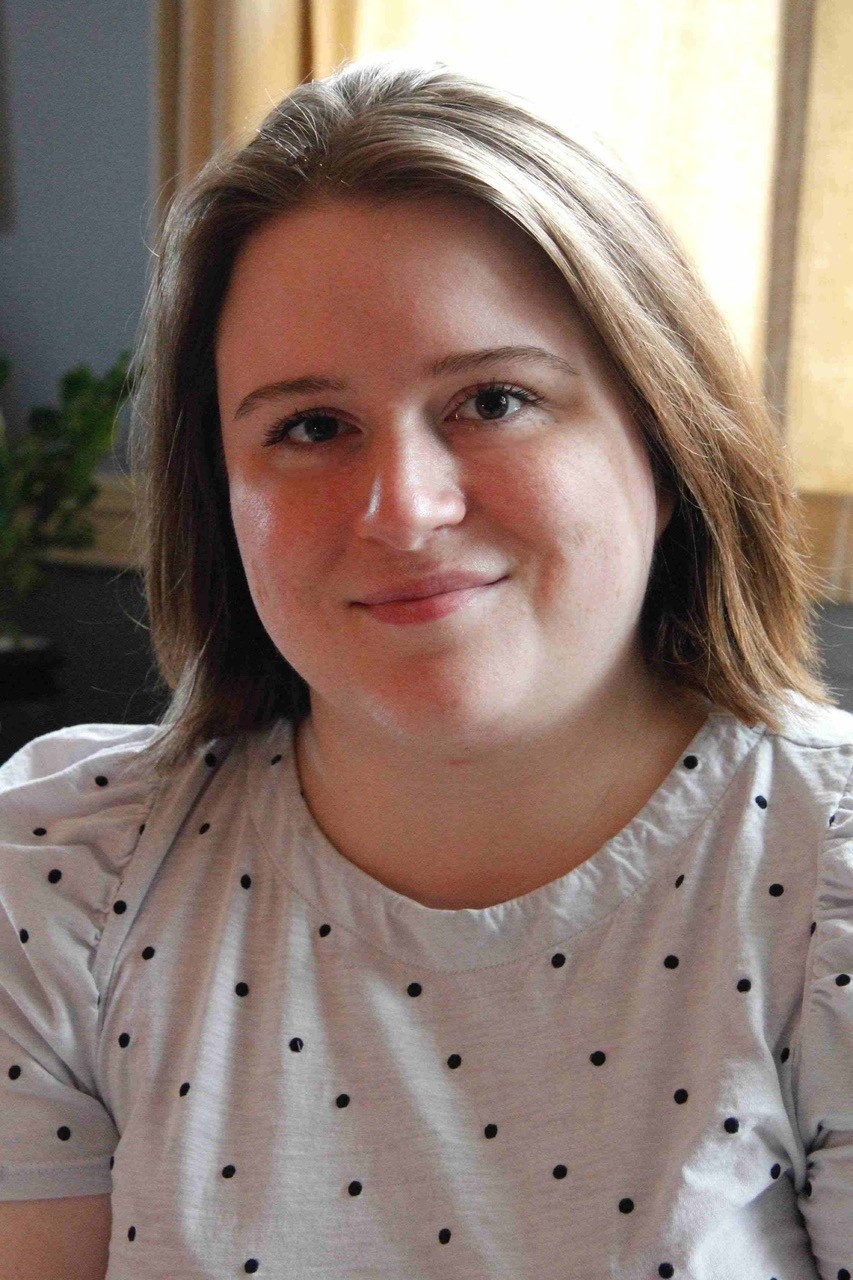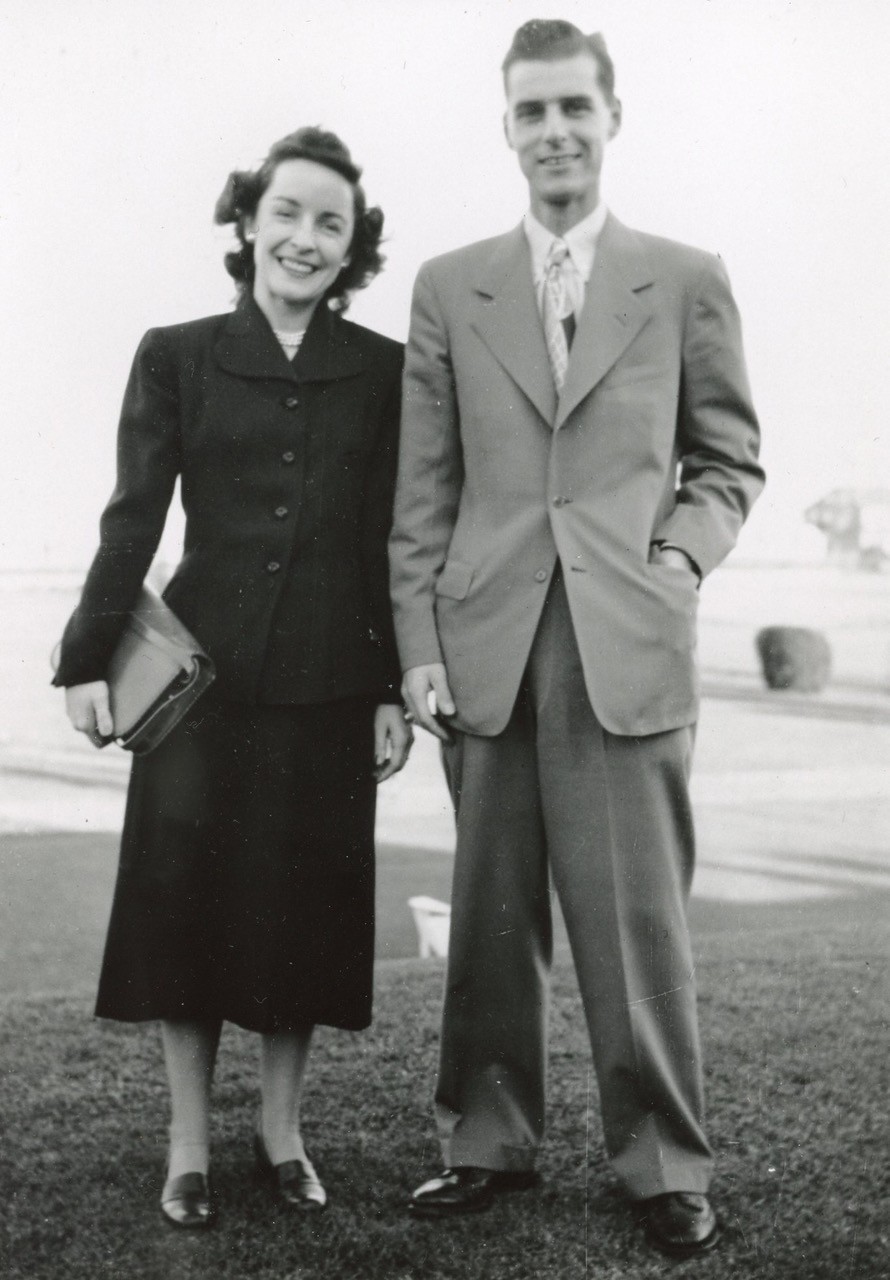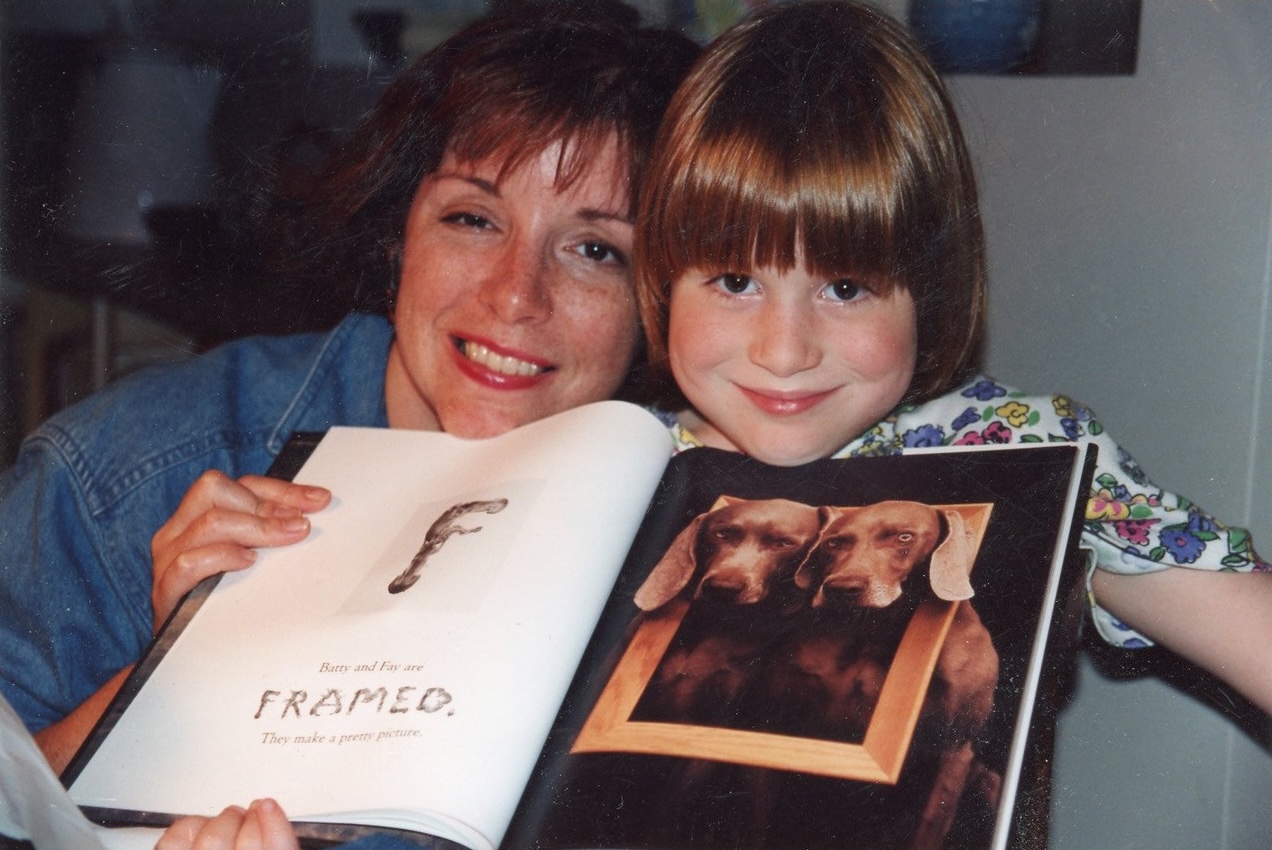Wayne State student continues family legacy as third-generation librarian
From her earliest memories, Katherine Sherry's life was steeped in the essence of libraries. Her father, Tom Sherry, transformed their basement into a dark room and copy area, a testament to his unwavering dedication to his work. This familial bond and shared passion for library science would profoundly shape Katherine's future.

Sherry, a student embarking on a Master of Library and Information Science, is a third-generation librarian, following in the footsteps of her maternal grandparents, mother and aunt. Her journey is a continuation of a family legacy and a testament to her dedication and passion for the field.
Sherry's family played a significant role in shaping her career choice. Her life was filled with trips to her family's place of work, which developed her passion for the elements within a library. This strong familial influence led her to decide to follow in their footsteps.

Sherry's grandfather, Howard Sullivan, was a pioneer in the field, earning his degree in library studies in Connecticut and being recruited to work at the University of Detroit (Mercy, U of D). He transferred to Wayne State in the early 1960s and spent the rest of his career as the head of acquisitions in the main library. Her grandmother, Kay Sullivan, also made significant contributions, working as a school librarian in Warren.
Sherry's mother, Eileen Sullivan, earned her degree from the University of Michigan (U of M) and spent her career at Detroit's main library branch (DPL) from 1973 until she retired in 2012. She worked in different areas, such as business and finance, but early on, she worked in the film department. "It was interesting because she witnessed the change between actual film and VHS." Sherry continues, "I have a lot of memories of visiting her at the main branch of the library."
Sherry's aunt, Karen Sullivan, also earned her degree from U of M and worked at the library until she retired. Her work focused on metadata, setting up digital systems and assisting with the library's online catalog.
Along with her mother working at DPL, Sherry's parents also met at the library. Her father, Tom Sherry, worked in public relations at the library before moving on to copy work. "My mother would bring home the books for him to copy at home," Sherry recalls. Their basement included a dark room and copy studio.
"I was kind of always surrounded by all of these archival materials. I remember my mother would always bring home children's books for me and they read to me every night." Sherry continues, "I think that really cultivated my love of books and my love of learning. It was such a big part of my early childhood development."

Sherry earned her bachelor's in film television and media from U of M, with a minor in museum studies. There, her love for archives deepened. Sherry worked within the film archives for classes and as paid student work. She also gained experience as a "quasi paralegal," researching movie contracts to determine ownership.
Sherry's primary focus is school and freelance work as opportunities arise. Her goal is to work in archives "at a museum or an academic institution," she said. She is drawn to original pieces. Society is "used to facsimiles of the real thing; we see everything on the web or through our phones." Sherry continued, "While facsimiles are necessary, there's a different connection to the real thing. It can't quite be duplicated."
The transition from print and analog to digital and online access has added a new level of necessity to libraries, especially with the spread of misinformation. Sherry said: "Digital literacy is a big problem. Most people get their news from TikTok and Facebook. They don't look at legitimate news sources anymore." Librarians play a crucial role in addressing this issue by teaching people how to check a source's legitimacy. Another essential facet for Sherry is digitizing archives. "There's always gonna be a need for archives," Sherry says. And having digital archives will allow "equity of access to people who wouldn't necessarily have it."
Book banning has affected everyone's access, especially marginalized communities. "It's essentially telling people they don't matter," Sherry said. This issue is not just about books but about the power to control information and shape narratives, which is a fundamental concern in library science and a reflection of broader societal issues. Librarians are on the front lines defending freedom of speech.
It has become more than just an intellectual battle. (Librarians) are doxed and verbally assaulted for holding up those values.
Sherry is continuing the work her family instilled in her. Librarians like Sherry and her family keep libraries functioning, advocating for all books to be accessible and all information to be available to anyone.
Students interested in professions such as academic archival administration or library exhibit creation are encouraged to learn more about the Master of Arts in Public History and Library & Information Science (MAPH/MLIS). This dual degree, accredited by the American Library Association, offers a comprehensive education in both public history and library science. Graduates are certified to work in secondary school, public, private and academic libraries, opening up a wide range of career opportunities in the field.
Readers interested in reading about book censorship can visit the American Library Association.
By Andy Jeffrey